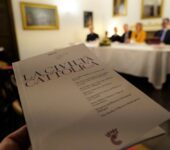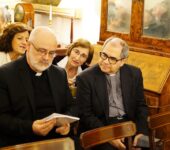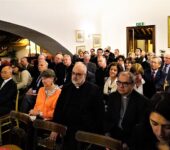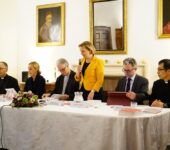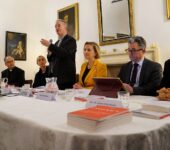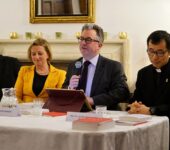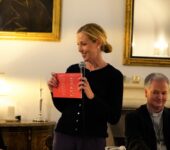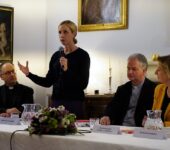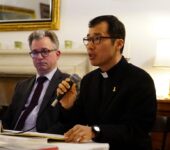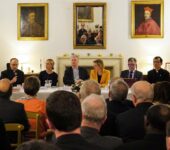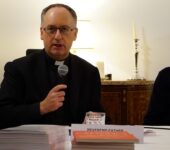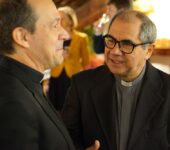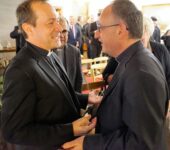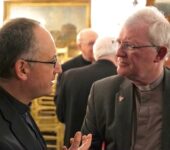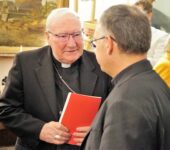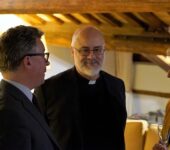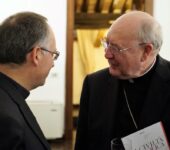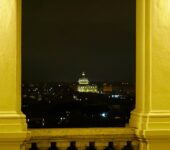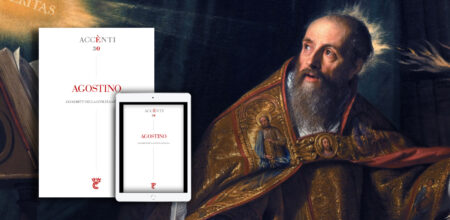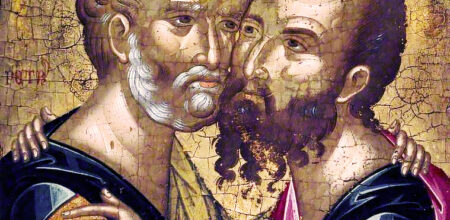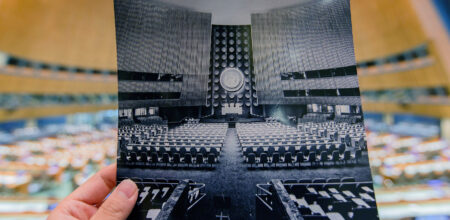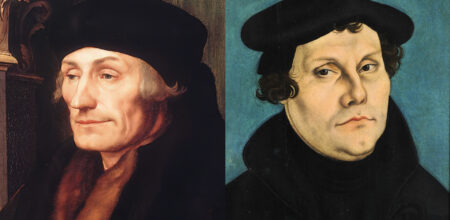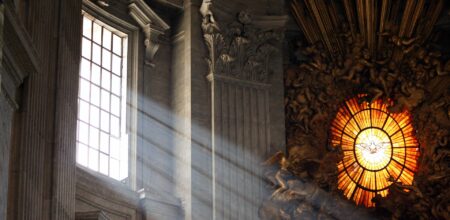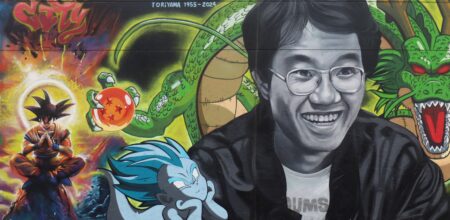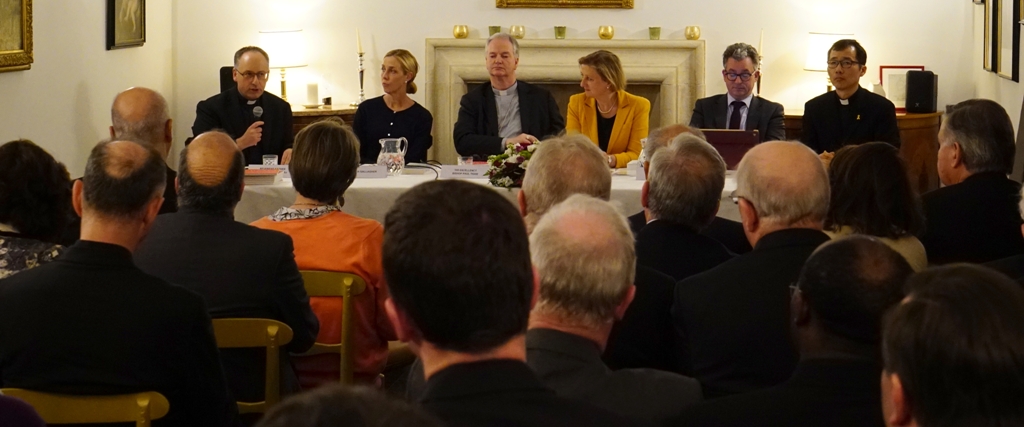
|
|
Opening remarks at the launch of the English edition of La Civiltà Cattolica at Her Britannic Majesty’s Ambassador to the Holy See Residence February 28th, 2017.
In the presence of: Her Britannic Majesty’s Ambassador to the Holy See, Mrs Sally Axworthy; His Excellency Bishop Paul Tighe, Secretary Adjunct Pontifical Council for Culture; Dr Austen Ivereigh, Writer and Contributing Editor Crux; Ms Delia Gallagher, CNN Vatican Correspondent, Fr. Jeong Yeon Xavier Hwang SJ, Pontifical Gregorian University.
*****
La Civiltà Cattolica is the oldest cultural magazine in Italy. On February 11, 2017, it published its 4000th issue. It comes out twice a month, is written only by Jesuits. We are journalists who live together and, in spite of this… are still alive! La Civiltà Cattolica is a serious, cultural magazine, challenging but popular and it writes about everything that is human: theology, science, politics, cinema, economics art,… And from now on will come out in 5 languages: Italian, Spanish, English, French and Korean. The magazine, in fact, was born international in 1850, became national in 1861, and becomes international again in 2017.
Why this linguistic turning point?
The magazine has had an international aspiration and inspiration all along. The Pope asks us to be a bridge. A bridge is not a house. A bridge is crossed, and provides the context of a passage. We will receive many more and better articles by Jesuits from around the world. Now imagining their translations in other languages, we know that we can develop an important connecting role.
The magazine becomes international from Rome, the place where not only an important religious leader resides, but also a moral leader and, in a certain sense, a political one at the international level.
This is why we met with Pope Francis, we had a long talk with President of Italy, Sergio Mattarella, and we are here now in the Her Britannic Majesty’s Ambassador to the Holy See Residence for marking the launch of the English Edition of La Civiltà Cattolica.
Why La Civiltà Cattolica in English?
English is the most international language and therefore it represents well the slant which the magazine wishes to have. Clearly this multilingual dimension will not leave the identity of the journal unchanged because, having readers in other languages, the examples of other countries and cultures will become part of the heart of the journal as never before. And this will be our way of living today our fidelity to the request of the then Pontiff to our predecessors with regard to their writings “to disseminate and diffuse them widely in all Nations”, as Pius IX wrote in his brief Gravissimum supremi (1866).
La Civiltà Cattolica is kneaded with the times that it spans
La Civiltà Cattolica is not a stack of paper, but is a living history. And this history, made up of faces and people, is organic to the history of the Church. We know however that a cultural magazine is mixed, is kneaded, with the times that it spans. A journalist defined it as a «barometer». I would also add the definition of «thermometer». But we also recognize ourselves well in a definition made by Mons. James I. Tucek of Dallas in the 1960s. At the time of the Council he was in Rome as head of what is now the Catholic News Service and called us: «a dignified, but hard punching magazine.» This is what we want to be.
And after 167 years, this magazine wants to say at least 3 things to its audience of readers:
- that the writers consider themselves not «intellectuals» but «workers» (as our founder, fr. Carlo Maria Curci used to say);
- that today there is space for a reflection «in open seas» that does not intend to defend «Catholic ideas», but to embody the gaze of Christ on the world. And this is done with restlessness, incompleteness, imagination, as Pope Francis told us;
- it wants to say another thing: today, we feel a strong temptation,—at times even in the Catholic world—, that of closing ranks. There is the temptation of putting forward the answer of an intransigent and hard-identity Catholicism to the perceived chaos.
Today we recognize that a «catholic civilization» is not a bubble closed-in on itself nor does it fuel resentments against a world that almost seems lost and adrift, abandoned by God. La Civiltà Cattolica was not built on the intransigence of the pure which kills the spirit. This would be a temptation, the necrosis of Christianity.
La Civiltà Cattolica «composes itself with any form of public affairs»
Pope Francis said to us in his discourse on the occasion of the audience of last February 9th: «The wisdom of discernment rescues the necessary ambiguities of life. But we need to penetrate ambiguity, we need to enter in there, as the Lord Jesus did assuming our flesh. Rigid thought is not divine because Jesus has assumed our flesh, which is not rigid except in the moment of death».
And we do not want to be, nor were we ever and we will ever be a «sarcophagus–magazine», a «coffin–magazine».
In the editorial of the first issue of 1850, our magazine gave interpretation precisely to the word «Catholicism»: «A catholic civilization would not be Catholic, that is, universal, if it did not compose itself with any form of public affairs». La Civiltà Cattolica has to involve itself with any kind of public affairs.
And — again — this is what we want to be: a magazine which is international, dignified, hard punching and deeply involved with any kind of public affairs.








